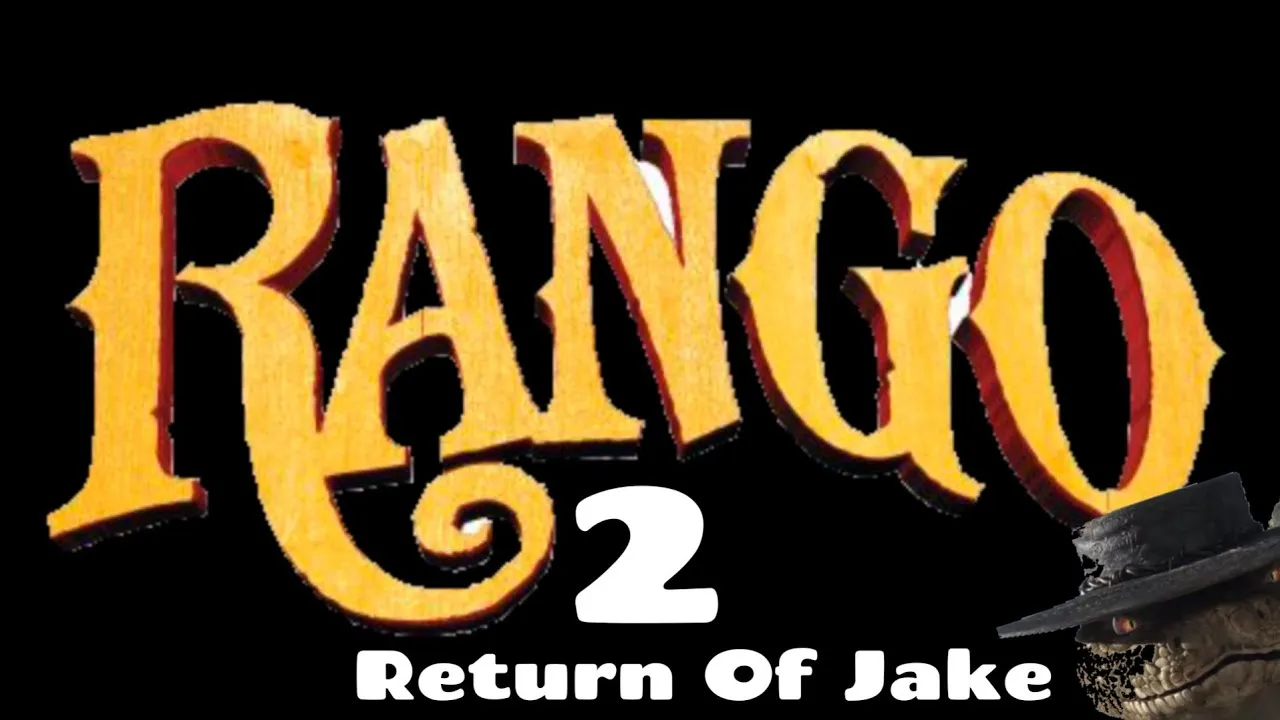Some towns bury the past. This one let it grow roots
The Night They Came Home (2022) is a slow-burning psychological horror that trades jump scares for a creeping dread that settles deep into your bones. Blending Southern Gothic unease with supernatural revenge, this indie thriller tells the story of a town haunted not by ghosts, but by its own buried sins—until the dead demand justice, and home is no longer a refuge but the origin of something monstrous.
The film centers on Eleanor, a quiet woman returning to her rural hometown after decades away, drawn back by the mysterious death of her estranged mother. What begins as a painful homecoming quickly unravels into something far darker. The town has secrets—old ones that were never buried deep enough—and as strange symbols appear, animals go missing, and neighbors grow hostile, Eleanor starts to suspect that the past isn’t done with any of them.
![The Night They Came Home - Official Trailer [EXCLUSIVE] - YouTube](https://i.ytimg.com/vi/1YHAO7566YM/maxresdefault.jpg?sqp=-oaymwEmCIAKENAF8quKqQMa8AEB-AH-CYAC0AWKAgwIABABGHIgRig_MA8=&rs=AOn4CLAbb3H3oDxd95uk2MhxvsZ9W-sZUQ)
Camille Sullivan delivers a gripping performance as Eleanor—grief-stricken, unsure of her memories, and increasingly unnerved by her surroundings. Her descent into the truth feels less like a horror spiral and more like being peeled alive—layer by layer. Around her are townsfolk whose friendliness seems rehearsed, and whose eyes hold just a bit too much fear to be honest. The real terror of the film lies in the slow realization that the evil returning isn’t new—it was always here. It just finally got tired of waiting.
Visually, the film makes striking use of stillness and shadow. Long silences, rustling fields, and the distant glow of firelight build a suffocating atmosphere. The supernatural elements are minimalist and restrained, which only makes them more disturbing when they appear. Director Adam Wilson avoids flashy effects in favor of emotional tension and moral decay, using horror to ask uncomfortable questions: What do we inherit from the past? And what happens when the dead are no longer content to stay quiet?

The Night They Came Home is ultimately a ghost story where the ghosts wear living faces. It’s about reckoning, not redemption. About the cost of complicity, and the horror of pretending nothing ever happened. And when the night comes—they’re not looking for forgiveness.



-1752632576-q80.webp)